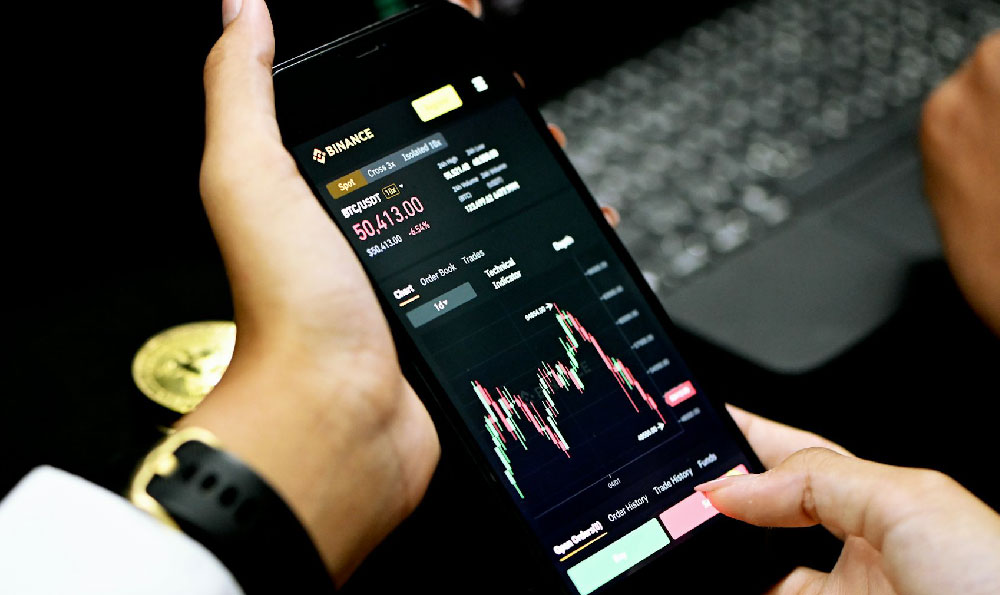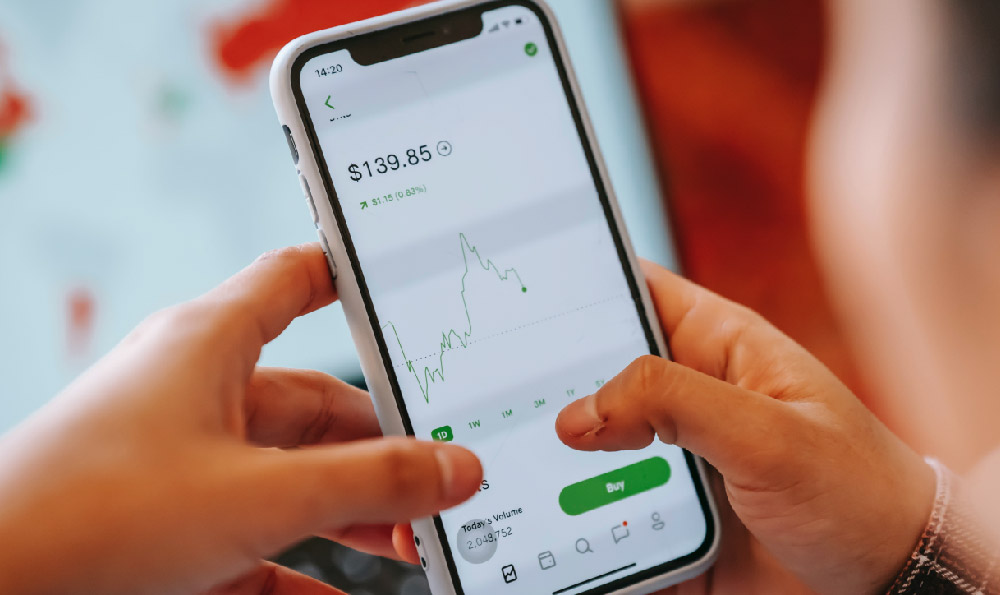Make Money Playing Mobile Games Online: A Strategic Guide to Leveraging Crypto and Game Mechanics for Financial Growth
The digital landscape has transformed the way we engage with entertainment, and mobile games have become a cornerstone of this evolution. Beyond providing hours of leisure, they now offer opportunities to generate income through innovative methods that blend gaming mechanics with cryptocurrency and investment principles. As the convergence of technology and finance accelerates, savvy players are discovering ways to turn their gaming enthusiasm into a profitable venture. However, this path requires not only an understanding of gaming ecosystems but also a strategic mindset to navigate market fluctuations and avoid potential pitfalls.
One of the most promising avenues for monetization lies in the integration of blockchain technology with mobile games. Games like Axie Infinity or Decentraland have pioneered the concept of play-to-earn, where players can earn cryptocurrency by completing tasks, competing in tournaments, or trading in-game assets. These platforms often utilize non-fungible tokens (NFTs) to represent unique items, allowing players to buy, sell, or rent them on open marketplaces. The appeal of such models is that they democratize wealth creation, enabling individuals to participate in a global economy without requiring traditional financial gatekeeping. For example, a player might invest time in training a digital pet, which can then be sold for a profit or used to generate passive income through in-game activities. The key to success here is understanding the tokenomics of the game—how supply and demand dynamics affect the value of in-game assets. A deeper analysis of the game's whitepaper, community sentiment, and real-world utility can provide insights into the long-term viability of such investments.
Another strategy involves leveraging mobile game platforms to engage in crypto trading or staking. Some games integrate decentralized finance (DeFi) features, allowing players to use their in-game earnings to trade cryptocurrencies or stake tokens for rewards. For instance, certain games might offer players the chance to invest their virtual coins into liquidity pools, earning interest or participation fees. This approach requires a grasp of both crypto markets and game-specific mechanics, as the timing of transactions or the selection of staking opportunities can significantly impact returns. It's essential to monitor market trends, such as price movements and volatility indicators, to make informed decisions. Tools like moving averages, relative strength index (RSI), and Bollinger Bands can help identify optimal entry and exit points, but these strategies should be applied with caution, especially in markets prone to rapid shifts.

The allure of gaming-based income generation also extends to content creation and monetization. Players who excel in mobile games can leverage their skills by streaming, creating tutorials, or developing mods that enhance the gaming experience. These content creators often earn money through ads, sponsorships, or in-game purchases, which can be converted into cryptocurrency using platforms like PayPal or crypto wallets. Additionally, the rise of metaverse technologies has opened doors for players to design virtual assets or experiences, which can be sold on marketplaces like OpenSea or Decentraland. This requires not only gaming proficiency but also creativity and a deep understanding of digital trends. The challenge lies in balancing the time spent playing with the time required to create and market content, a delicate equilibrium that demands careful planning.
However, the path to profitability is not without risks. Many players fall into traps by investing in unverified games or platforms that promise unrealistic returns. Some games may function as scams, with developers disappearing after collecting funds or manipulating in-game economies to inflate asset values. To avoid such scenarios, it's crucial to conduct thorough due diligence, including researching the development team, reading user reviews, and analyzing the game's long-term roadmap. Additionally, diversifying investments across multiple games and platforms can mitigate the impact of potential losses, a principle often seen in traditional investment strategies.
The psychological aspect of gaming also plays a role in financial decision-making. Players may be tempted to overinvest in a game they are passionate about, leading to poor risk management. It's important to treat gaming-based investments like any other financial asset, setting clear goals and limits to prevent emotional decision-making. For example, establishing a maximum percentage of one's income to allocate to gaming investments can help maintain financial discipline. Moreover, keeping a portion of earnings in stablecoins or fiat currency can provide a safety net against market volatility.
The future of gaming and finance is likely to be shaped by advancements in blockchain technology and artificial intelligence. As games become more interconnected with DeFi protocols, players might have access to smart contracts that automate earning processes, reducing the need for manual oversight. AI-driven analytics can also help predict market trends based on historical data, enabling more informed investment decisions. Yet, these innovations come with their own set of challenges, including regulatory uncertainties and the potential for algorithmic manipulation.
In conclusion, the intersection of mobile games and financial opportunities presents a unique landscape for innovation and profit. By understanding the mechanics of crypto-based games, exploring DeFi integration, and balancing content creation with strategic investment, players can unlock new avenues for financial growth. However, success requires patience, education, and a disciplined approach to risk management. As the market evolves, staying informed and adaptable will be key to navigating this dynamic space and ensuring long-term profitability.












